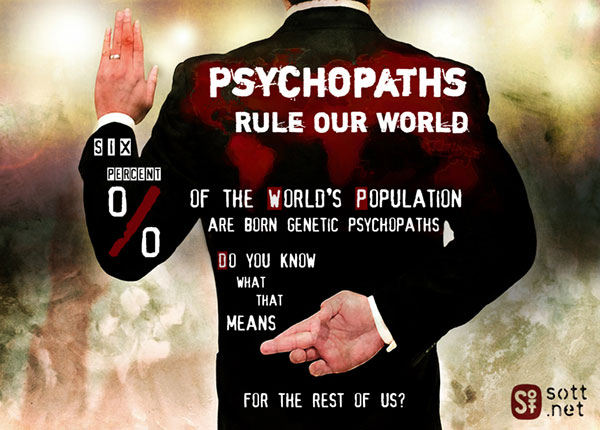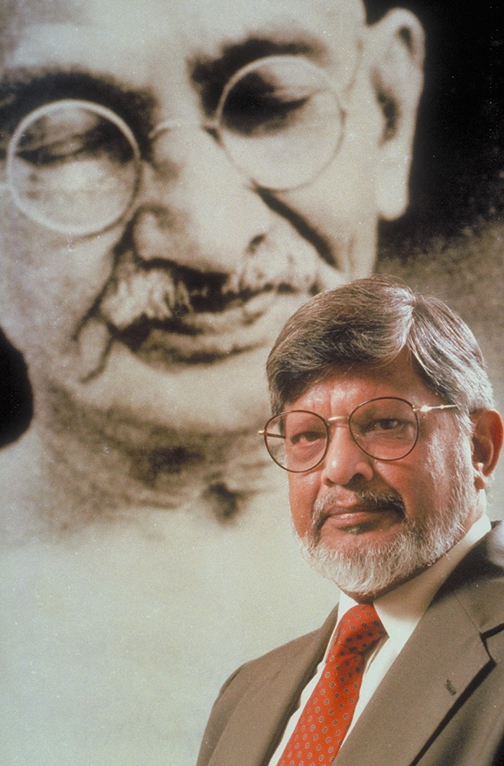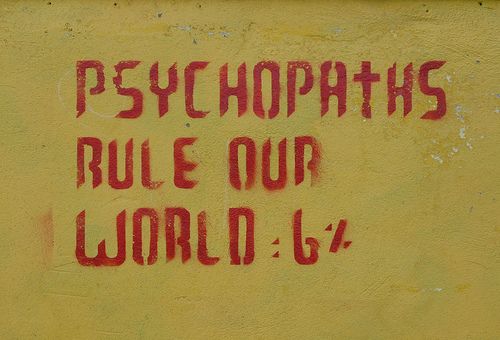There was this boy I sent to the 'lectric chair at Huntsville Hill here a while back. My arrest and my testimony. He killt a fourteen-year-old girl. Papers said it was a crime of passion but he told me there wasn't any passion to it. Told me that he'd been planning to kill somebody for about as long as he could remember. Said that if they turned him out he'd do it again. Said he knew he was going to hell. "Be there in about fifteen minutes". I don't know what to make of that. I sure don't. The crime you see now, it's hard to even take its measure. It's not that I'm afraid of it. I always knew you had to be willing to die to even do this job. But, I don't want to push my chips forward and go out and meet something I don't understand. A man would have to put his soul at hazard. He'd have to say, "O.K., I'll be part of this world."Over the last decades the Coen brothers have repeatedly proven themselves to be masters of portraying the tragicomic realities of American life. From the quirky and trivial to the depths of moral failings and utter depravity, their films often focus on the criminal mind and its varied psychological roots. They get to the heart of human weakness, the tempting lure of a "free lunch", and the inscrutable darkness of the psychopathic mind. Most notable of recent years was Javier Bardem's rendition of Anton Chigurh, the psychopathic killer from the Coens' Academy Award-winning adaptation of Cormac McCarthy's novel, No Country for Old Men. In many ways recalling the Coens' earlier work, Fargo, the audience experiences the film's drama through the eyes and conscience of a county Sheriff in West Texas, Ed Tom Bell (Tommy Lee Jones). We share his confusion and pained desire to understand the senseless violence against which he struggles every day.
- Sheriff Bell in No Country for Old Men
OF THE
TIMES








